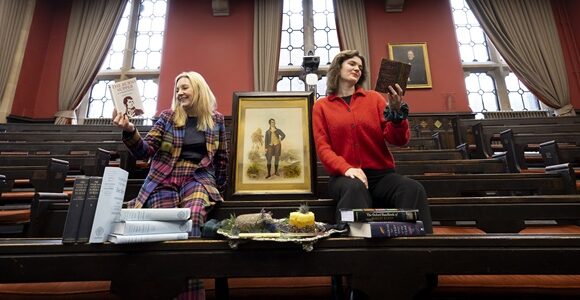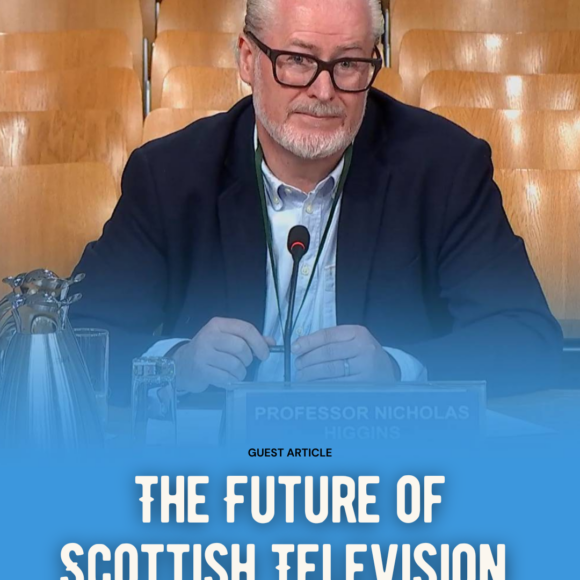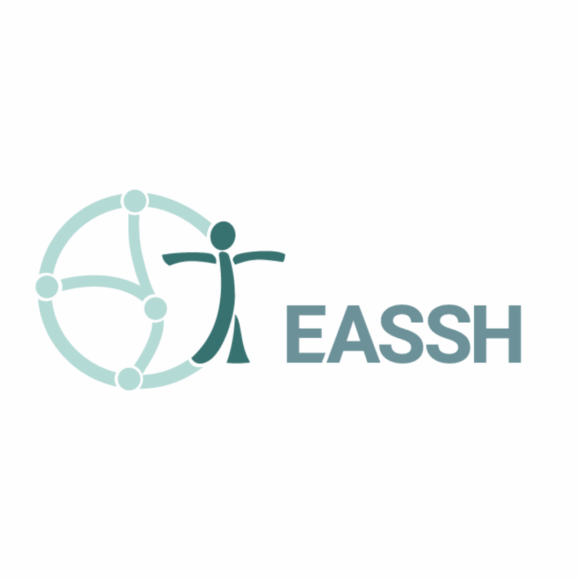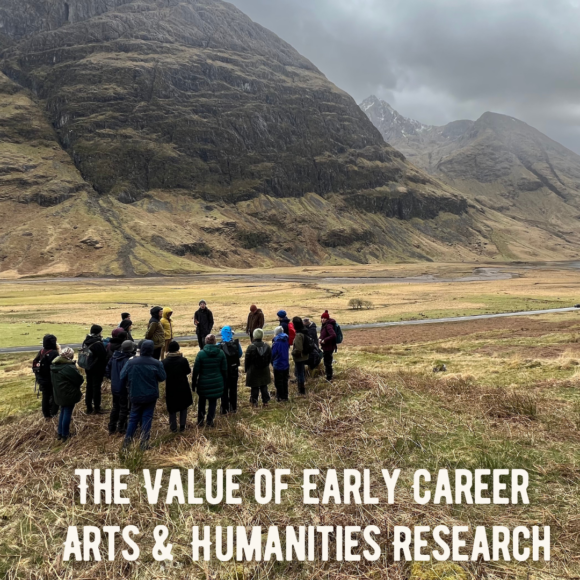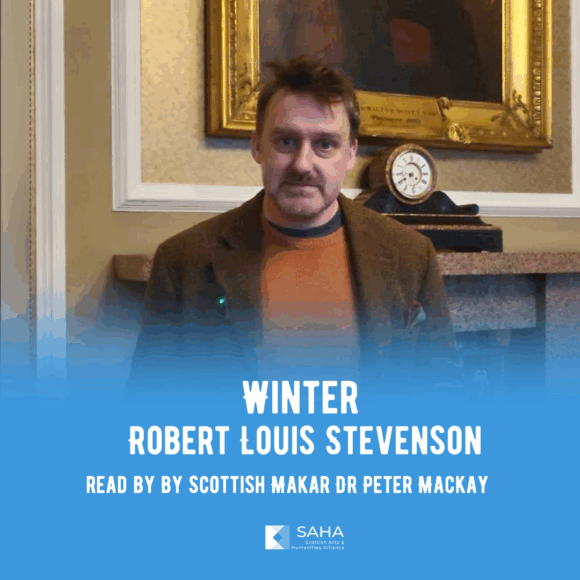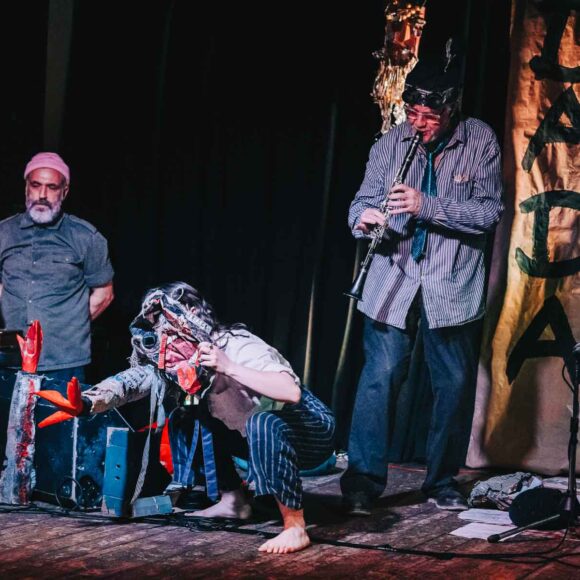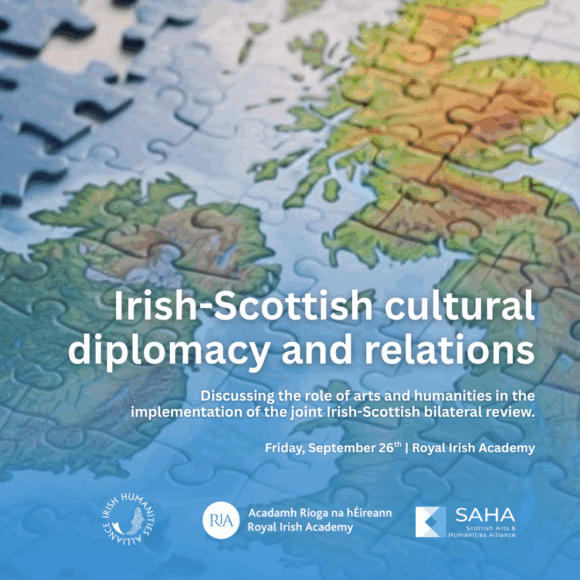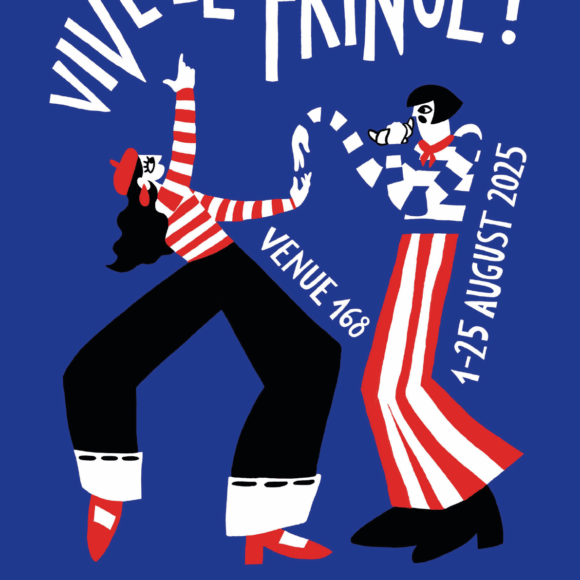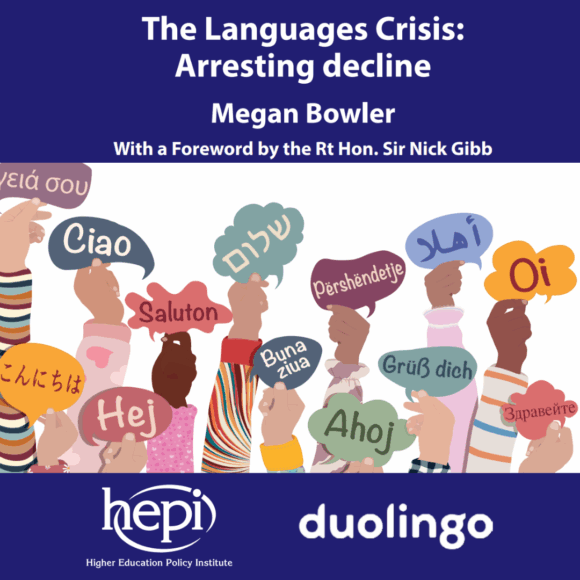When I received an email asking me to be on BBC Radio 4’s In Our Time, I assumed it was spam. There was no way, I thought, that the BBC would find my research, let alone be interested in it! Cut to two months later and I’m relieved I didn’t just immediately ‘mark as spam’ and delete, having since been interviewed by the great Melvyn Bragg about dragons in early and contemporary China.
As an Early Career Researcher (ECR), it’s tempting to think that media engagement is something restricted to professors at the very peak of their long careers. But this isn’t the case. In a turbulent time for the academic sector, media engagement offers ECRs a chance to gain exposure, learn transferable communication skills, and even provides a glimpse into alternative career paths. Radio programmes, magazines, websites, and podcasts are always looking for topical and relevant content, and someone knowledgeable to present those findings. That someone could be you!
Before you can even think about media engagement, it’s vital to be findable online. Google your name plus a keyword from your research and see what comes up. You can quickly increase your online presence by regularly updating your institutional profile, signing up for Linkedin or Academia.edu, and if you’re a woman in history, joining the #womenalsoknowhistory database. Creating a simple and consistent profile across multiple platforms means that people can find you in a number of ways while also having a clear idea of what your research looks like.
Even after doing all that, you might not see immediate invitations and interest. Often, it takes a topical or contemporary event to make your research ‘hot.’ In my case, the release of How to Train Your Dragon suddenly made dragons a hot topic! Finding ways to make your research relevant to today, no matter how obscure your topic may be, is a skill that takes practice. You can gain experience by writing short pieces for academic websites, like The Medievalist, or magazines, like History Today. Writing for a more general audience doesn’t mean sacrificing accuracy for clickbait. Instead, it helps you learn ways to simplify technical jargon and explain complex concepts in short soundbites. It’s this ability to succinctly explain the intricacies of your research and highlight its contemporary relevancies that will be vital when radio, TV, or podcasts come knocking.
Don’t be psyched out when a big opportunity calls (though, of course, it’s okay to be nervous!) – producers know what they’re looking for and believe in your capabilities. Equally, don’t scoff at smaller opportunities – these are excellent training grounds to practice speaking into a microphone, responding to unexpected questions, or simply being on camera.
Finally, as an ECR in the media, you are likely to be the ‘odd one out’ in the room. In my case, I was much younger in both age and career status than my co-panellists. Remember that it’s expertise, not just experience, that counts, so believe in your research and don’t be afraid to be heard!
Dr. Kelsey Granger is a Postdoctoral Fellow in History at IASH, University of Edinburgh. She is an award-winning historian of pre-1200 CE China and the wider Silk Roads. Her current research focuses on animal labour and companionship, ranging from ladies’ lapdogs to frontier postal horses. Her research has been published in the Journal of the Royal Asiatic Society and Bulletin of SOAS among others. She is also the co-editor of Saved from Desert Sands: Re-discovering Objects on the Silk Roads, published with Brill in 2024.
